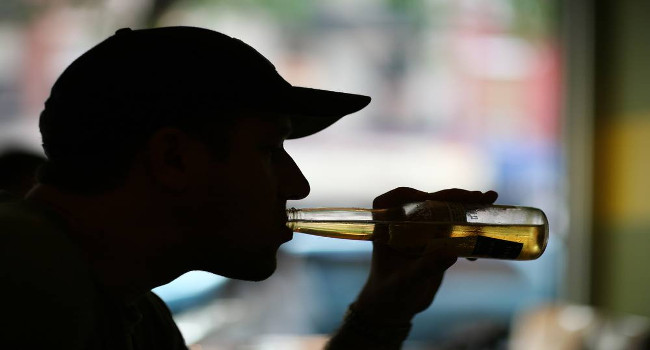Alcoholics and addicts who are in recovery will often feel that remaining sober is a matter of life and death. This may prevent them from returning to normal activates such as going travelling due to them associating drink or drugs with holidays in the past.
While disruption from normal routine can be a trigger for a relapse, there are some strategies that can help you through your holiday which ensure you can still enjoy yourself and have a good time, while more importantly – remaining sober.
Plan Ahead
Before you pack up and leave, find out about local support groups and clinics in the areas that you are travelling too. If possible, try and work some of these meetings into your schedule. Doing this as soon as you arrive will help to set the tone for the whole trip.
Make Local Contacts
When you arrive at your destination, try and seek out some contacts who are in the same situation as you. Maybe there are some local Facebook support groups that you can join to introduce yourself to people who are also recovering. Reaching out to people in a similar situation will make you feel less lonely; a feeling that can often lead to relapse. Local people who are in recovery can also offer support and recommend the best places for meetings.
Bring Your Recovery Literature
No doubt that you have lots of reading materials or recordings that you listed too whenever you feel that you need a boost in your recovery steps. Travelling often requires lots of transport journeys so make sure that you have your reading material with you to keep you in the right frame of mind. The AA’s “the big book” is a great read and includes lots of stories from people about their recovery. There is also an audio version available via a free app
Stay in Contact With People Back Home
In addition to making new contacts on your travels, it is just as important to remain in contact with people back home who have an influence on you, like those in your support group. If you have a sponsor for example, make sure that you contact them regularly and give them updates on your progress.
Remove the Booze
If you are staying in hotels it would be best to contact them beforehand and inform them of your situation. Make sure that they remove any alcohol from hotel minibars. If you are staying with any people you already know or local hosts, the same thing applies.
Stay Away From Certain Places
This is an obvious one, but stay away from anywhere that may trigger a relapse such as bars and nightclubs.
Keep to your Routine
Try and follow the same routine that you are used to back home. If you meditate in the mornings or go for a long walk, this same routine can easily be fitted in to your schedule while travelling. Although you are on vacation, don’t take a vacation from your schedule!
By following the above strategies you can be sure that you keep up the good work with your progress and avoid a relapse. Once you have managed it the first time, future trips should become much easier for you.














